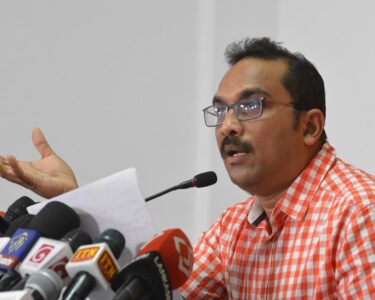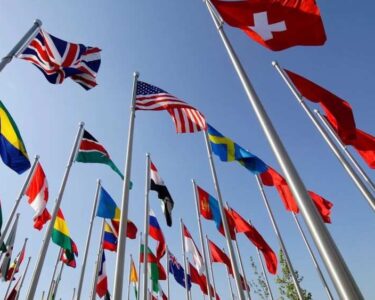Sri Lanka’s proposed Truth, Unity and Reconciliation Commission bill faces harsh criticism from the International Commission of Jurists (ICJ), raising serious doubts about its ability to deliver accountability and justice for victims of the country’s 26-year civil war.
A key concern is the lack of consultation with affected communities, particularly victims and their families. This raises questions about the commission’s legitimacy and its ability to represent the true needs of those most affected by the conflict.
Furthermore, the ICJ expresses significant concerns about the potential for continued impunity. The bill relies heavily on the Attorney General’s office for prosecutions, an institution with a history of mishandling past cases and potentially conflicting roles. Additionally, the involvement of police implicated in human rights violations further undermines the possibility of fair and impartial investigations.
Political influence also casts a shadow on the commission’s independence. The President appoints its members based on recommendations from the politically controlled Constitutional Council, potentially opening the door to political pressure and manipulation.
Protection for victims and witnesses is another weak point. The bill mandates the involvement of police forces accused of past abuses, leaving vulnerable individuals at risk of intimidation and reprisals. Moreover, the lack of gender-specific provisions and the discretionary nature of measures for women’s concerns highlight further shortcomings.
Existing transitional justice institutions like the Office of Missing Persons and the Office for Reparations have failed to deliver meaningful results, further eroding confidence in the proposed commission’s ability to achieve its goals.
Ignoring the voices of victims adds another layer of criticism. Protesting families of the disappeared face harassment and silencing, indicating a disregard for their crucial role in seeking truth and justice.
The ICJ urges the UN Human Rights Council to critically assess Sri Lanka’s flawed transitional justice process and prioritize the interests of victims and survivors in any future resolutions. Addressing critical prerequisites for a credible accountability mechanism before establishing any new commission is crucial to avoid repeating past mistakes and ensure genuine progress towards healing and reconciliation.
The proposed Truth, Unity and Reconciliation Commission, currently shrouded in concerns, faces a steep climb towards gaining the trust and legitimacy it needs to truly serve Sri Lanka’s quest for justice and closure after decades of conflict.







